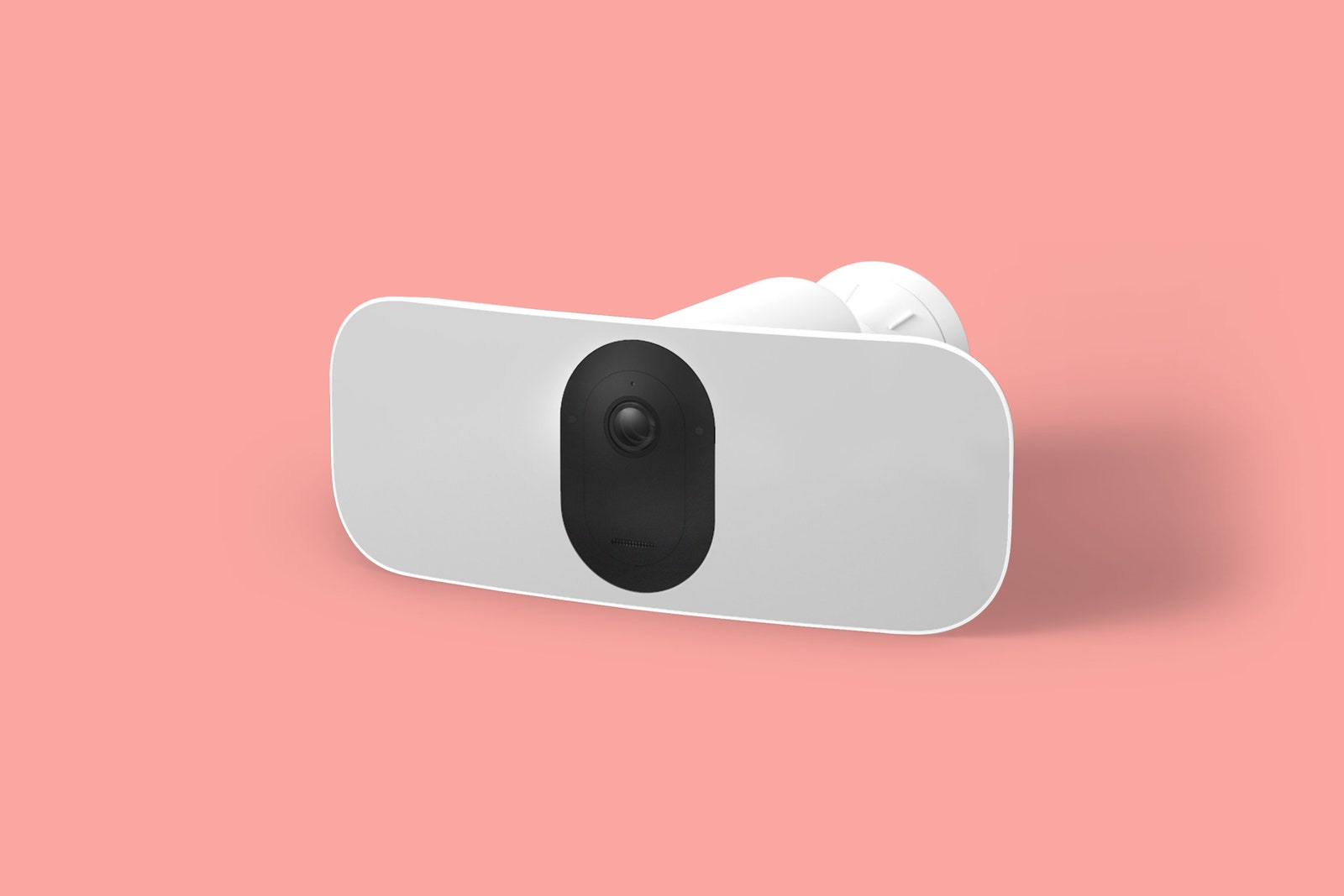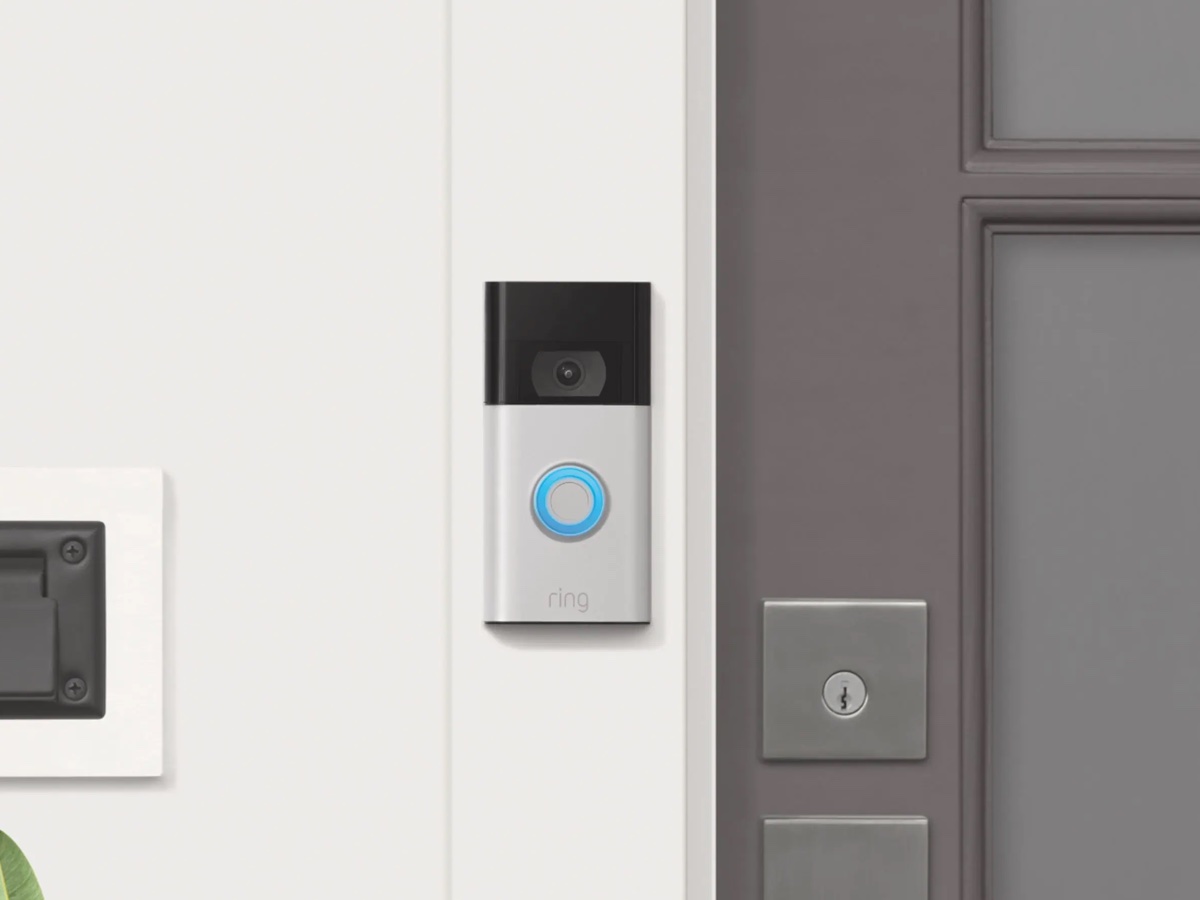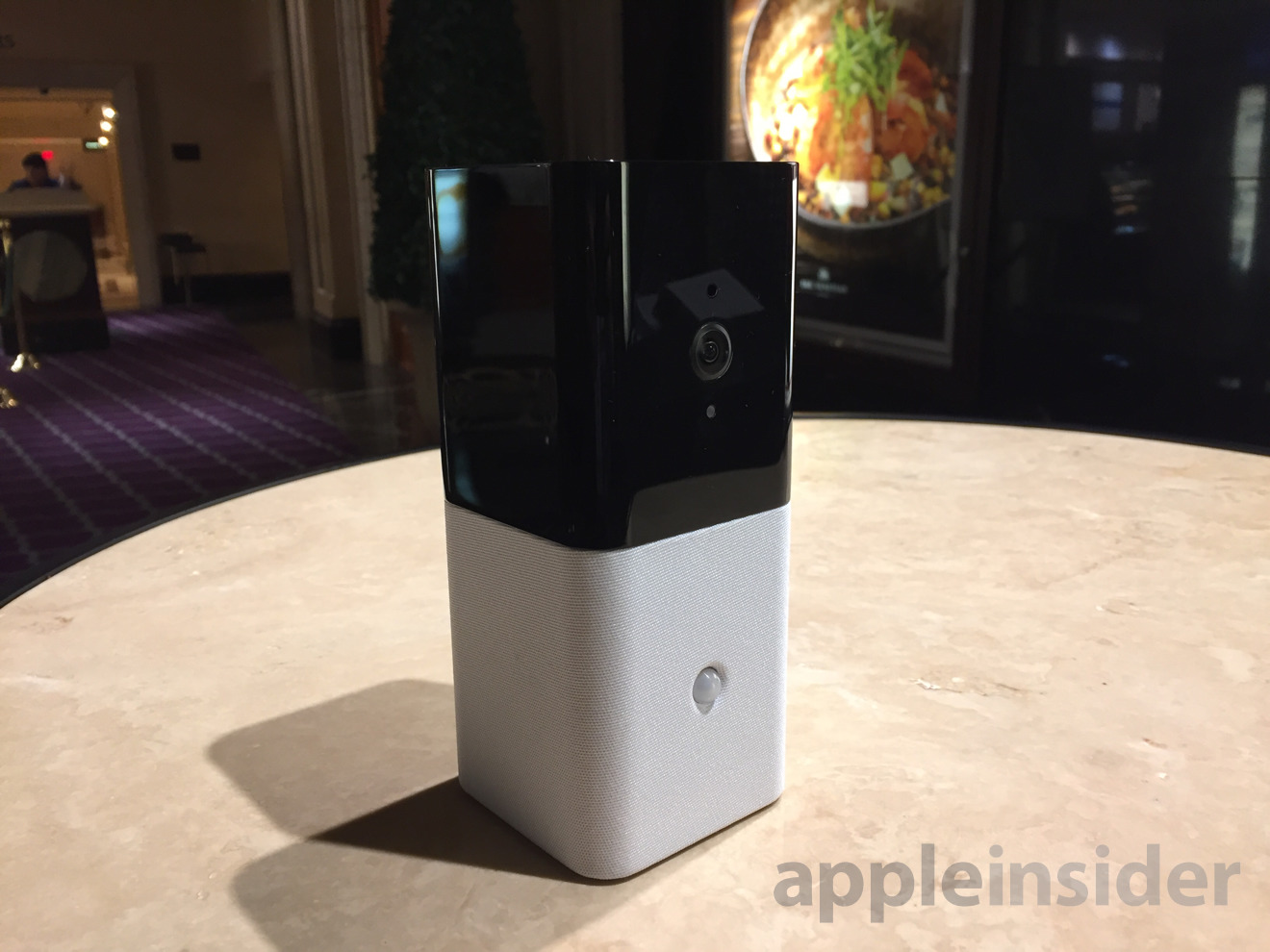
Smart locks can be a simple way to enhance security and convenience for apartment renters, particularly those who are modern. Smart apartment locks can now be controlled through WiFi networks and smartphones, as opposed to the traditional locks. The majority of smart locks are equipped with WiFi, Bluetooth, or biometrics.
The Best Smart Locks to Install on Apartment Doors
Choosing the best smart locks for your apartments is a great investment that will pay off in both the short and long term. It's important to find a lock that suits your lifestyle and budget.
A product should be easy to set up and use a good battery. Most products come with a battery indicator to let you know when the time is right to replace them.
Addalock Portable Door Locks are excellent products for protecting you from burglary and break-ins. It's made of metal, making it resistant to forceful entry.

The August Smart Lock offers another alternative for those who wish to upgrade their locks but do not want to lose the traditional key. This product is compatible with single-cylinder deadbolts, and it offers Bluetooth wireless connectivity.
It is a simple upgrade and can be installed within minutes. Moreover, the system has a variety of useful features like auto-locking/unlocking as well as remote access.
Get Permission From Your Landlord
Many landlords and managers of rental properties are wary about smart locks. The device may not be compatible with the existing lock or they might worry that the installation would compromise the physical security.
However, if you are willing to talk with your landlord or property manager and explain the benefits of a smart lock, you can get permission to install it in your apartment. If you can prove that this has been done in writing, the property manager or your landlord is likely to agree.
It is vital to select an apartment lock which meets the fire safety standards in multifamily housing. There are many products available that do not meet fire safety requirements. Before you buy, make sure to verify this.

Most apartment owners, property managers and landlords are looking for security and convenience solutions. These locks reduce waste, which is good for the environment.
In terms of security, the best smart locks are those that use strong encryption and a solid build to protect data. It can also have tamper alarms and send alerts when the door is unlocked or relocked.
The best smartlocks will also include a mobile phone app to allow users to control the locks. Some smart locks offer remote access and come with two-factor verification.
You can use the best apartment lock with other intelligent locks for added security. This can be a great option for residents and property managers, as it will save them money in the long run.
FAQ
What is the difference in surveillance and security cameras?
Surveillance cameras are used for monitoring purposes, while security cameras are used for protection.
Both cameras have their pros and cons. The only thing that distinguishes them is the type and quality of images they produce. Surveillance cameras record video in slow motion, so you can watch what's happening in real time. Security cameras on the other side only record video and still photographs, which are saved for later review.
What is the easiest home security system to install
Home security systems that don’t require any installation are the best. These are "plug-and-play" systems that work like magic. You simply need to plug them in to the power outlet and then connect them via a wireless router to the internet. Once connected, everything will be available for you to manage from anywhere around the world.
What is the best home security system?
Ring Video Doorbell Pro is our number one home alarm system. It allows you to see and speak to anyone at anytime from anywhere using your smartphone. You can also capture video and send it to family and friends by text message or email.
Statistics
- Unlike other online safety services that charge up to 100 percent of your monthly fee, Cove charges no upfront fees and has no hidden costs.
- Depending on your insurance, 24/7 professional monitoring may qualify you for as much as 15% off your premium. (safewise.com)
- That's probably why Cove has a whopping 98%* customer retention rate. (safewise.com)
- Depending on your insurance, 24/7 professional monitoring may qualify you for as much as 15% off your premium. (safewise.com)
External Links
How To
How to Install an Home Security System
A home security system monitors your property and alerts if there is any activity. It could be motion sensors, doorbell cameras, smoke detectors or burglar alarms. A home security system is usually composed of one or several sensors (e.g. motion detectors), that send signals when there's movement or sound. The signals are then sent to a control panel where they're monitored and recorded. If there's something wrong, like someone breaking into your house, the control panel sends out an alert to your phone, tablet, computer, or voice assistant. The control panel will notify you immediately so that you can take corrective action.
It is important to choose the right type and size of sensors to fit your home before installing a security system. There are two main types of sensors: passive and active. Passive sensors aren't powered by batteries. They just detect sounds and vibrations in their environment. They include things like doorbells, sirens, and buzzers. Active sensors use electricity for data transmission. Some examples of this kind of sensor are cameras and motion sensors.
There are many types of sensors on the market today. Each brand has its own pros and disadvantages. For instance, some sensors can be weatherproof while others don't. Some sensors have built-in speakers, so they can be heard even when you're not outside. Some work only indoors. Some have simple features, while others provide advanced features like night vision.
After selecting the right sensors for your property and deciding on a manufacturer, you will want to make a selection. This will ensure that your sensors are compatible. Your local hardware store should have plenty of options to choose from.
After you have chosen a brand, you will need to decide how many sensors you wish to purchase. Depending upon whether they live alone or in a group, most people begin with one or two sensors. You may want to consider purchasing more sensors in the future if possible.
Next, you'll need to figure out where you want to place your sensors. Do you want them close to doors or windows? Or would you rather have them hidden? Make sure you get permission before placing them around your property. They should not be in conflict with any electrical outlets.
You now know where to place your sensors. Now you need a way for them to be connected to your control panel. Depending on your setup, you may need to purchase a power adapter or battery pack. Once you have everything set up, you'll be ready to monitor your property!